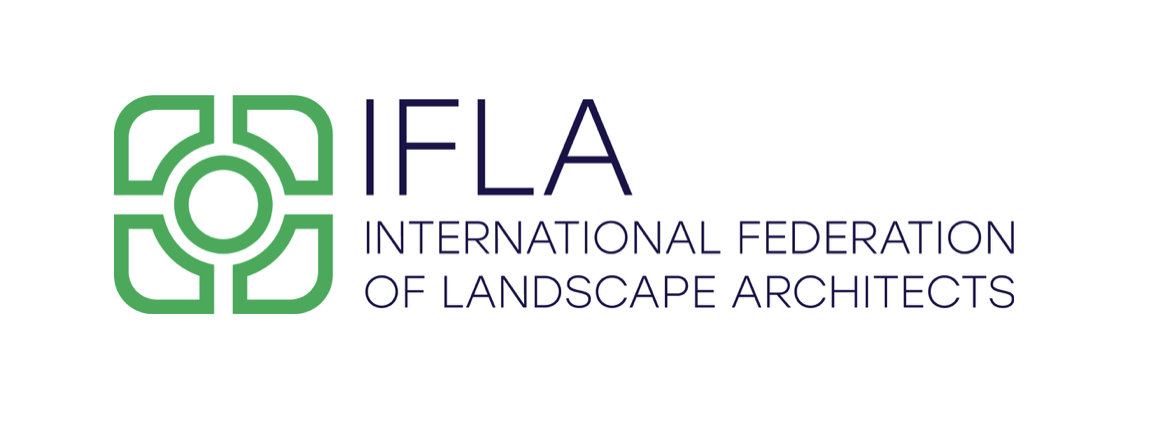IFLA CLIMATE CHANGE and biodiversity WORKING GROUP
The global climate is changing. Scientists the world over are certain that human activities have been a primary cause of climate change. Since the 1950s, concentrations of greenhouse gases have increased significantly, the atmosphere and the oceans have warmed, snow and ice cover has diminished, and sea levels have risen. As the climate changes, we will see increases in both the incidence and intensity of severe weather events. Ecosystems and species will be affected, altering the reliability for delivery of ecosystem goods and services on which much of human society depends.
IFLA and its members throughout the world believe that we must act now to reduce our contributions of greenhouse gases to the atmosphere and to sequester carbon (MITIGATION). We must strive to improve our understanding of the scope and pace of change and the ramifications globally, nationally and locally. We must plan now to prepare and outfit human society to meet the coming changes to our environments and to our societies (ADAPTATION). We must work responsibly to support the well-being of individuals and communities, at home and throughout the world, and we must committee ourselves to ensuring the sustainability of our world.
Landscape architects can and should lead efforts to conserve our natural environment and to better prepare society for the path ahead. Landscape architects know that decisions we make today hold the potential to either limit future capacity for resilience, or to enhance it. Landscape architects understand that our greatest contributions to ensuring a prosperous future are vested in the creation of human societies characterized by an enhanced capacity for resilience, a willingness to transform to a better state, and a commitment to ensuring the long-term sustainability of environments, cultures and well-being.
The IFLA Working Group on Climate Change and Biodiversity was re-constituted in March of 2017. Voting members from all five IFLA World Regions participate in shaping IFLA’s response to climate crises, and in advancing action throughout IFLA World. Working collaboratively with IFLA World Regions, and with the 80 National Associations of the World Council, the WG seeks to inspire individual and collective action by landscape architects.

